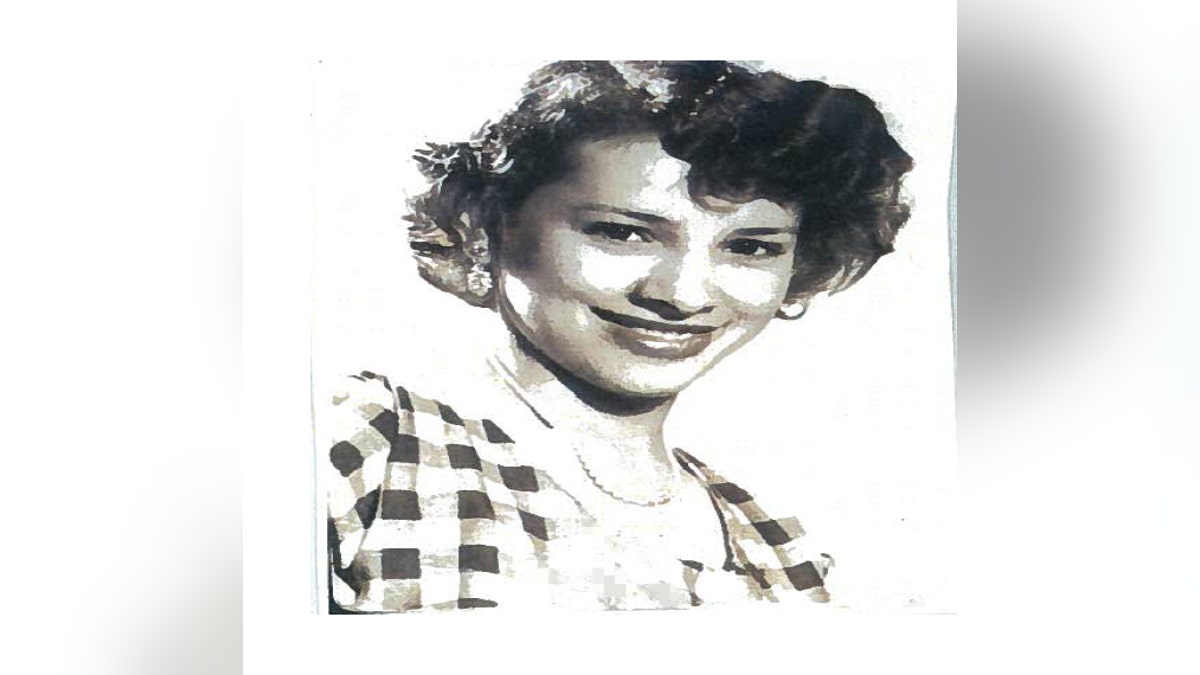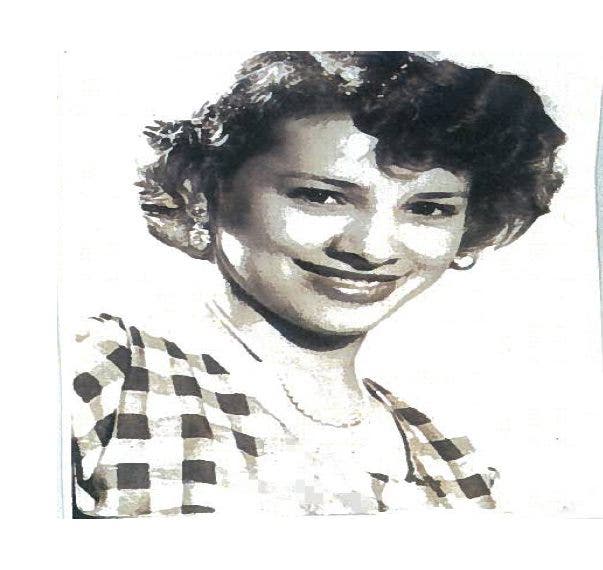
Editor's note: This originally ran in the Lifestyle section of Fox News Latino in 2013. It has been updated slightly for Mother's Day 2018.
A daughter is a mother's gender partner, her closest ally in the family confederacy, an extension of herself. And mothers are their daughters' role model, their biological and emotional road map, the arbiter of all their relationships. ~ Victoria Secunda
On Mother's Day, I will buy red roses, my mother's favorite, and take them to her.
I will not place them in her hands across the table of a restaurant at a special brunch, or watch her eyes tear as she reads a card where I try to describe the lifelong rewards I've enjoyed because of the sacrifices she made for me and my brother.
I will be placing them near her gravestone, looking down at her name, going over each and every letter, at her year of birth and year of death that came much too quickly. I will tell her, as I have every year, what she means to me, what she would have meant to the man I married and to the grandchildren she never got to meet.
Losing a mother, especially a precious one, at any age is to lose one of life's great beacons.
A beacon that guides the way – with her words, or with the thought of her, and what she tried to instill – with unconditional love. A beacon that comforts and assures just with its presence.
But to lose a mother when you’re still a child is to lose that guiding light when you’re still learning to fly, learning to gain altitude, not knowing quite where you want to go, and how to get there once you decide.
“A funeral shouldn’t be the first time someone brings you flowers and tells you how much you meant to them,” Mami would say. “Love and appreciation should be expressed when the person is alive.”
I lost Mami when I was 14, a sophomore in high school. I am older than my mother ever got to be.
In a holiday card to me the year before she died – suddenly, from a stroke -- she wrote that she knew that I loved her. But I never got her flowers, or told her how much I really loved her and valued her, while she was alive. Like many people, especially teenagers, I never thought I would not get the chance.
I think of her and miss her deeply every single day . But there were, and are, times when not having her there was especially hard – the milestones, when I accomplished the kinds of things she’d hoped I would. I missed her terribly when I turned 15 – a significant time for a daughter in many Latino families that is sometimes celebrated with much fanfare, like a bah mitzvah.
Her absence weighed heavily when I graduated from high school, when I got accepted to various colleges, when I graduated from college, when the college brought me back as the keynote commencement speaker, when I married, when I was expecting, when I had children she would have loved and spoiled. I had so wished I could have shared with her the various milestones in my career, in no small part the fruits of the mother and mentor she had been.
In Cuba, she had aspired to be a famous singer. She had the voice and the persona.
She had a Sophia Loren-style beauty, and a penchant for zany Lucy Ricardo-style antics.
But once she became a mother, when my brother Joe was born, she threw herself into it, becoming everything that Hallmark cards adulate about mothers.
Having happily pushed visions of stardom aside, singing instead became what Mami did while bathing us, preparing our meals, tidying up our rooms, putting us to sleep. A neatnik, Mami belted out songs along with Cuban icon Celia Cruz, on the radio, while sweeping and dusting.
For the rest of her short life, she did with near saint-like goodness what so many mothers do to a fault – put our needs ahead of hers.
We didn’t have much – my father, a photographer in Havana, worked at a factory in Manhattan, retouching negatives and taking home loads of overtime work to support us as my mother managed the home.
Mami and Papi wanted my brother and I to have the kind of life one day they couldn’t, so they saved for our college education at the expense of buying things for themselves. When I got to be as tall as my mother, she bought me nice outfits and wore them once in a while instead of buying herself things.
When I wasn’t feeling well, whether it was a cold or routine ache, she hovered. At night, sometimes I’d half wake up to feel her hand on my forehead, checking for a fever, not sleeping most of the night, filled with worry.
If I was just a few minutes late walking home from school, she'd be in tears, on the verge of calling the police.
Mami constantly hugged and kissed my brother and me, and she loved pinching our cheeks. She’d wait -- with some mischief -- for us to roll our eyes, in that classic teenage way, and she’d laugh hysterically.
The woman who gave up so much told me I could be anything I wanted to be, and to pursue my dreams with laser intensity.
She proudly but tearfully saw my brother off to college in New Hampshire. She cried every day for about two weeks after he left to start his freshman year. She rushed to the mailbox each day to see if a letter from him was inside. She’d bring his letters – written in English – to me to translate, and she clung to each word, her face beaming.
At my brother’s graduation ceremony, Mami cried and cried. I don’t remember every detail, but I’m sure she pinched his cheeks.
On that balmy Sunday morning in August, when she awoke to an excruciating headache, she seemed to know something was terribly wrong. She seemed to know the end was near.
And yet, to the very end, she thought of my brother and me, and felt afraid for us, more than for herself.
"I don't want to die," she said to Papi. "Who will take care of Elizabeth and Pepito?"
They were her last words.
Later, as we went through her belongings, I found a little statuette of her favorite saint, Santa Barbara. Tucked in the hallowed bottom was a little paper scrolled up tightly.
On it, she had scrawled: "Please watch over my children."
When special moments arrived in my life, I imagined how my mother would have felt and reacted. I hoped, wanted to believe, that she was observing them, and sharing with me, from another place, if not beside me in the flesh.
I hope that somewhere, she is proud and knows what she never got to hear – that I love her, and admire her more each day, and clearly see the value in the things about her that I took for granted when she was alive.
So on this Mother’s Day, tell that beacon in your life what she means to you. Give her flowers if she likes receiving them. Don’t put it off until the day she cannot see the flowers, or hear the words that, in silence, she probably longed for you to say.









































